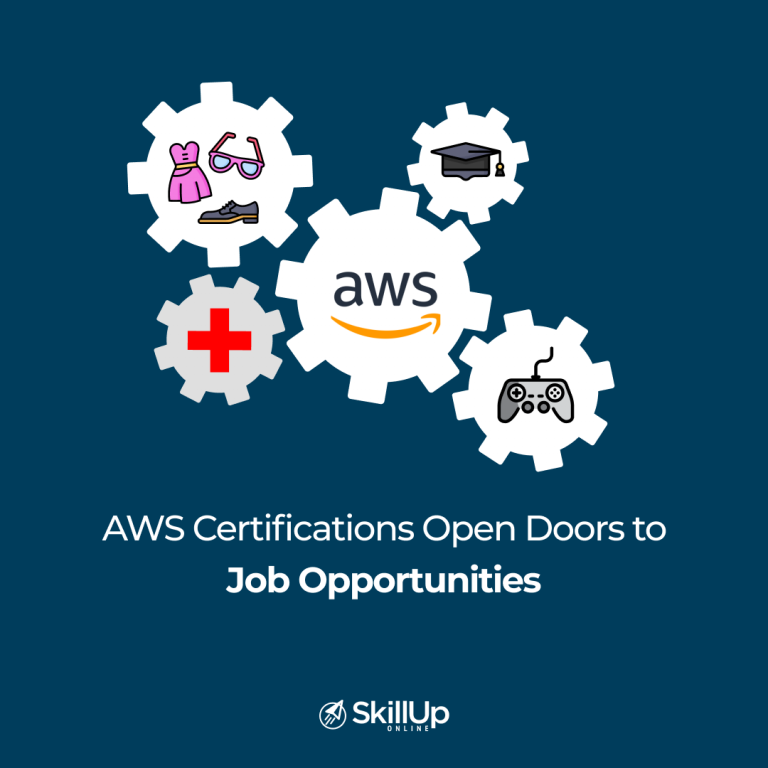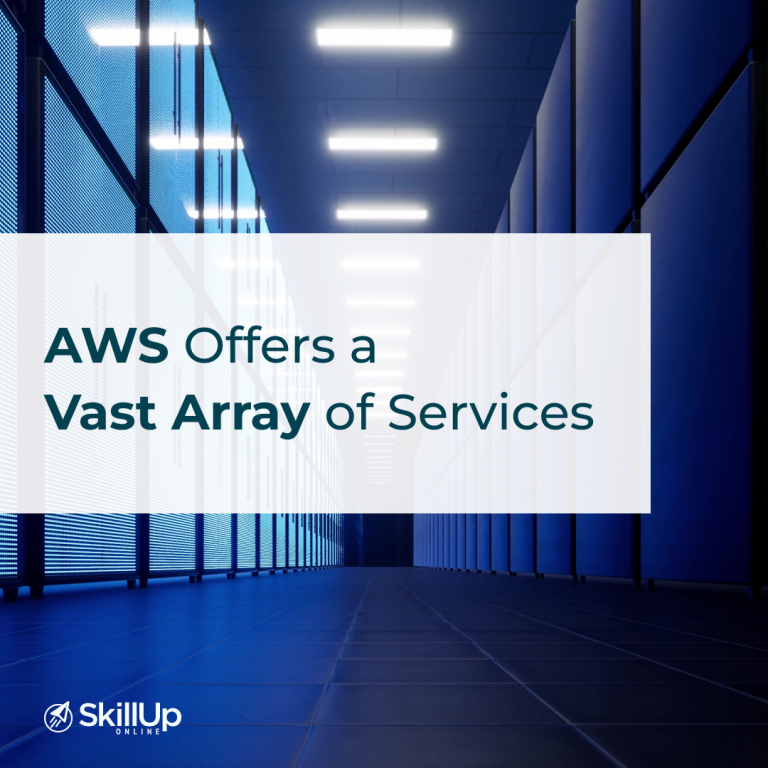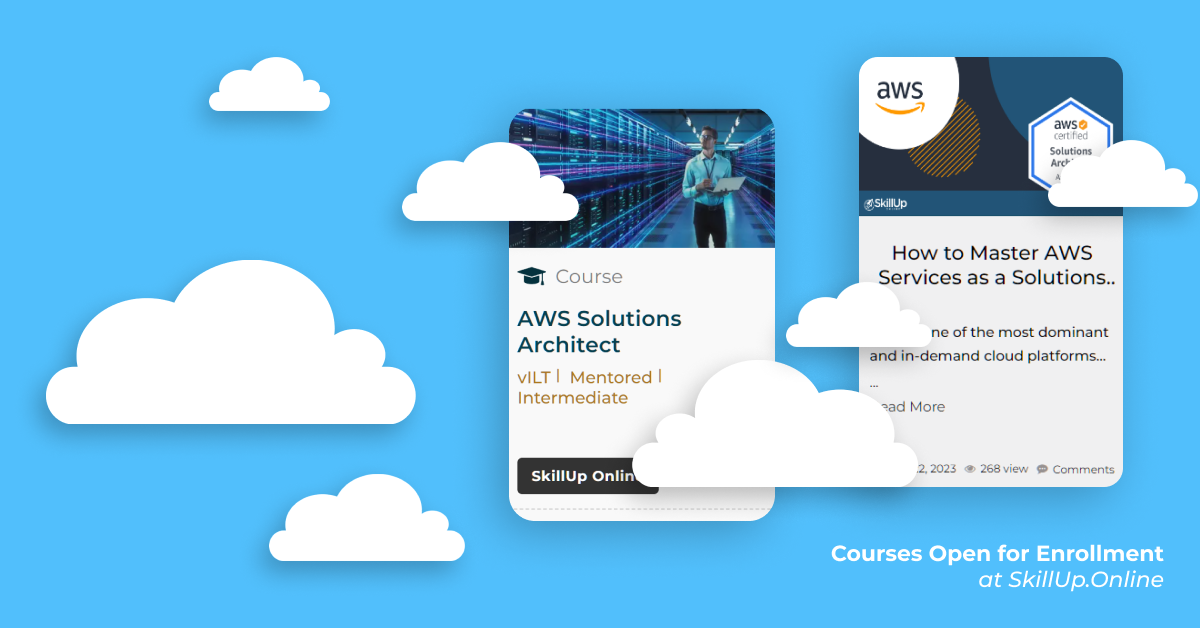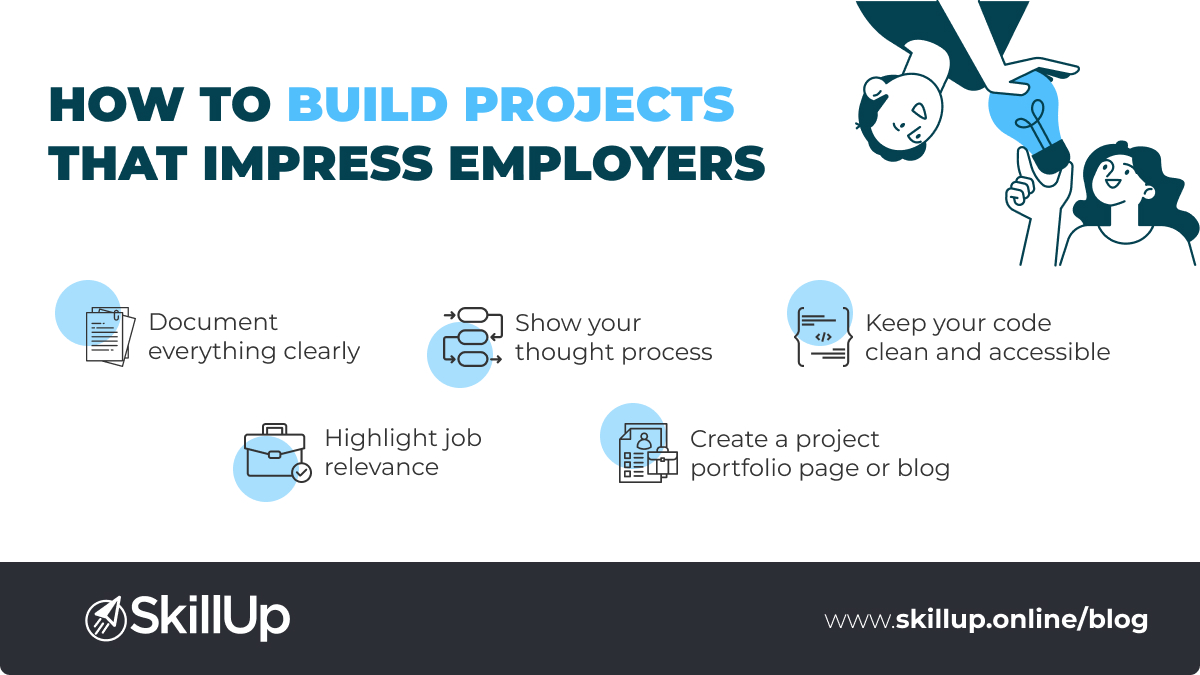In the ever-evolving landscape of cloud computing, Amazon Web Services (AWS) has emerged as a dominant force, revolutionizing the way businesses operate and individuals build their careers in technology.
A bold statement, for sure, but as a platform, it now stands out as the market leader in driving the cloud revolution. In fact, according to Statista, AWS holds 32% of the total market share which is the combined value of both Azure and Google.
And it’s no surprise why. AWS offers a vast array of services that empower businesses to operate more efficiently, securely, and cost-effectively. Whether you’re interested in data analytics, machine learning, or simply scaling your applications, AWS provides the tools and infrastructure to turn your vision into reality.
AWS in the Job Market
So, how does this impact an ambitious tech professional?
In the United States, the technology landscape is highly competitive, with tech hubs like Silicon Valley, Seattle, and Austin driving innovation. This environment places a premium on professionals with cutting-edge skills, and AWS is at the forefront of those sought-after competencies.
But that’s not all there is to this picture. According to Oracle, a staggering 98% of enterprises using public cloud have adopted a multi-cloud strategy. This means that even if you already possess skills in other cloud services, such as Google or Microsoft, acquiring additional skills in AWS will give you the advantage of having multi-cloud knowledge in the job market. As organizations embrace the public cloud holistically, learning about Google, Microsoft, and AWS is becoming an essential requirement.
So, how do you get there?
Understanding Your Learning Path
The AWS certification landscape offers various routes tailored to specific career goals and expertise levels. To navigate this landscape effectively, defining your AWS learning path is crucial.
To start, you’ll want to build a strong foundation before diving into specialization. To gain foundational knowledge, you should get a solid understanding of AWS fundamentals and grasp the core concepts and services. This provides a solid base for more advanced topics.
Once you’ve mastered the fundamentals, it’s then time to choose a specialization that aligns with your career aspirations. AWS offers various certifications, each catering to specific roles and expertise levels. The following are good examples.
- AWS Certified Cloud Practitioner
For Beginners: The AWS Certified Cloud Practitioner is your starting point if you’re new to AWS and cloud computing. It covers fundamental AWS services, architecture, pricing, and compliance. This certification is ideal for those seeking a broad understanding of AWS without diving into technical details.
- AWS Certified Solutions Architect
For Architects and Designers: If you aspire to design scalable and cost-effective solutions on AWS, the AWS Certified Solutions Architect certification is a perfect match. It dives deep into architectural best practices, covers various AWS services, and equips you with skills to design and deploy robust solutions. Have a look at this article to understand your journey in a little more detail – How to Master AWS Services by becoming a Certified Solution Architect.
- AWS Certified Developer
For Application Developers: The AWS Certified Developer certification focuses on application development in the AWS environment. It covers AWS Software Development Kits (SDKs), application program interfaces (APIs), and how to interact with AWS services through code. This certification is a great choice if you’re interested in building applications that leverage AWS services.
- AWS Certified SysOps Administrator
For Operations and Systems Administrators: For professionals responsible for system operations, troubleshooting, and optimization, the AWS Certified SysOps Administrator certification is the path to follow. It emphasizes efficient system operations in the AWS environment and ensures you can manage and maintain AWS resources effectively.
- AWS Certified DevOps Engineer
For DevOps Professionals: For those bridging the gap between development and operations, the AWS Certified DevOps Engineer certification is designed to validate your DevOps skill set. It covers continuous delivery, automation, security, and monitoring on AWS.
- AWS Specialty Certifications
AWS also offers specialty certifications for professionals specializing in security, machine learning, and data analytics. These certifications dive deep into specific domains and are perfect for those who want to excel in specialized roles. Good examples include:
- AWS Certified Security – Focuses on AWS security best practices, covering topics like data protection and incident response.
- AWS Certified Machine Learning – Explores machine learning concepts and how to build, train, and deploy machine learning models on AWS.
- AWS Certified Data Analytics – Dives into data analytics and big data technologies on AWS, including services like Amazon Redshift and AWS Glue.
- AWS Certified Advanced Networking – Focuses on advanced networking concepts, to enable you to design and implement scalable network architectures on AWS
The Benefits of AWS Certification
So far, we’ve focused on the ‘what?’ when it comes to AWS certification, but as a discerning professional, you may also have a ‘why?’ lingering in your mind. It’s a valid question to ask. But, in the competitive tech arena, investing in an AWS certification is a strategic career move that can yield numerous tangible benefits.
- Increases Earning Potential
Earning an AWS certification can significantly boost your earning potential. AWS-certified professionals are among the highest-paid in the technology industry. According to Indeed.com, AWS certifications, including AWS Certified Solutions Architect – Associate, is among the top-paying certifications in the United States.
- There is a High Demand for AWS Skills
The demand for AWS-certified professionals is continuously rising. Businesses across various industries are migrating to the cloud, creating a robust job market for AWS experts. With AWS cloud services controlling 32% of the cloud business globally, certification makes you a sought-after candidate as more companies continue to invest into cloud services.
- Opens Doors to Better Opportunities
AWS certifications open doors to a wide range of job opportunities. You can pursue roles such as:
- AWS Cloud Architect: Your role as an AWS Cloud Architect will be to design and implement scalable, secure, and cost-effective solutions in the cloud. Your expertise will be instrumental in creating architectures that can handle rapid growth, safeguard critical data, and optimize resource utilization, all while delivering substantial cost savings.
- AWS Developer: As an AWS Developer, your mission is to breathe life into ideas, building, deploying, and maintaining applications on the AWS platform. Your solutions will power everything from e-commerce platforms to cutting-edge mobile apps, enabling businesses to innovate and thrive in the digital age.
- AWS SysOps Administrator: In the role of an AWS SysOps Administrator, you’ll be responsible for managing and optimizing AWS resources and infrastructure. You’ll monitor, troubleshoot, and fine-tune AWS environments, keeping critical applications and services available 24/7, and ensuring businesses can operate without a hitch.
- AWS DevOps Engineer: As an AWS DevOps Engineer, your role is all about efficiency, streamlining processes, and accelerating software development. You’ll orchestrate pipelines that take code from inception to deployment, integrating automation at every step, ensuring rapid innovation, and delivering new features and updates to customers with speed and precision.
- Career Advancement
Employers value AWS-certified professionals because they demonstrate a commitment to excellence and a deep understanding of cloud technologies. With AWS certification, you’re better positioned to advance in your career at an accelerated pace. You’re not just a candidate for a job or promotion; you’re a standout candidate. Your AWS expertise can open doors to leadership roles, project management positions, and other senior positions where your cloud knowledge is a strategic asset.
- Global Recognition
AWS certifications are globally recognized and respected. They validate your skills and knowledge in the cloud industry, giving you a competitive edge on a global scale. Your certification can open doors to international job opportunities and collaborations.
As you continue on your path to AWS mastery, remember that continuous learning is the key to staying competitive in the ever-evolving tech industry. If you would like to know more about how you can build the necessary skills and get started in AWS, contact our Learner Support Team at [email protected]. They will be more than happy to guide you on your next steps.







